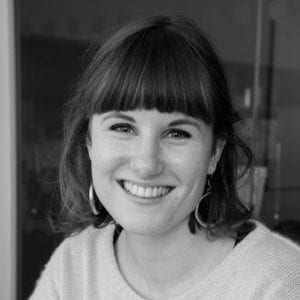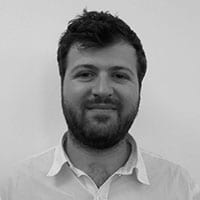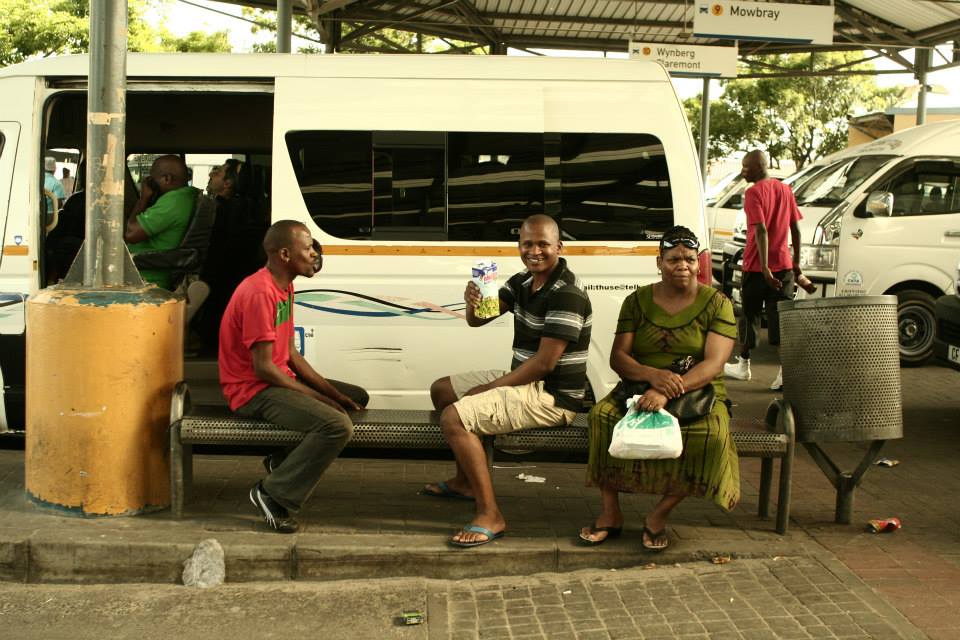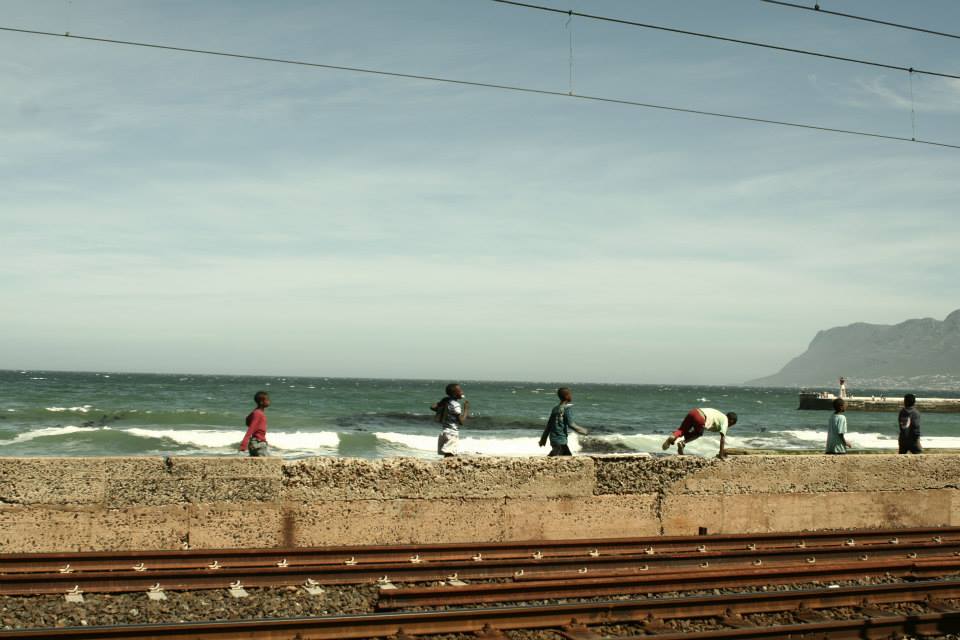 Joanna Sawkins discusses her experiences as an intern at STEaPP working on the Shaping Informed Cities project and her thoughts on the role of internships today:
Joanna Sawkins discusses her experiences as an intern at STEaPP working on the Shaping Informed Cities project and her thoughts on the role of internships today:
When you tell someone you are going to do an internship often they are worried for you. Low pay or no pay, part time, temporary, low skilled work, stuck in a corner somewhere, ‘doing your time’ until you can get a real job. Internships have a bad name, and in many cases rightly so. I came to STEaPP from working firstly in place marketing and then at a contemporary arts centre. Although I have been fairly lucky myself when it has come to internships, (to get a job in contemporary art I gained experience through weekend volunteering in place of interning) I have seen and heard many internship horror stories from friends and colleagues.
Rather than being a sneaky way to skirt labour laws, an internship should be an opportunity, for both parties. Interns should be employed on projects rather than in roles and should, throughout the internship, always be learning new skills and gaining new experiences. Because interns don’t necessarily need to have direct experience of doing what they are going to do, internships can help organisations attract different types of people to their teams, such as those from widening participation backgrounds. An internship should be an opportunity for someone to try out a new sector, gain some skills and access role models that could help them to make decisions about what they want their future to look like. This is the sort of opportunity I was looking for and I found it through an internship at STEaPP.
I joined the department as an Urban Science Intern working part-time for five months on a project with Dr Carla-Leanne Washbourne entitled Shaping Informed Cities. During my first few weeks I found the return to academia challenging. Initially, the project required a lot of what I now know as “desktop research”. Most days involved finding and collating things I was finding online, in databases and on old websites. Months later I was thankful of the level of depth I went into with the early research material but I do remember finding it difficult to focus and unnatural to sit at a desk all day. Once I realised that I was here because I have the capacity to look at material critically, I started keeping a journal to track how my ideas were evolving and created questions to guide my research. I also started going to talks and reading more widely and in different locations. After this things began to get a lot easier and more exciting.
As part of my internship I was required to undertake fieldwork in South Africa! This section of the research took place just over half way through my time and was a real game changer for my thinking on the project and also my thinking on my future. This fieldwork trip was the first time I experienced a blending of my academic interests with my professional skills. I spent a week giving presentations, conducting interviews and forming relationships – things my career has seen me do everyday but in completely different contexts. It was amazing to be able to do the things I am good at in a field I truly have a passion for. I also got to go to a new country and got to know Carla better.
My internship has been really well structured. Across the five months I have presented my research to other members of the department three times and produced two written outputs. Sometimes deadlines have been tight and I have had to do extra work at home. This sort of pressure has been good: I have been pushed but not pushed over the edge. I work elsewhere in the borough three to four days a week but the flexible and friendly nature of this internship made that manageable in the short term. Working so much would have been harder if I hadn’t felt so supported at STEaPP. The last five months have been a special and important time for me and could prove to be a turning point in my career. I am currently making an application to continue my research at PhD level. At STEaPP of course! As the first person in my family to go to university this is a future I could never have predicted and I look forward to what the next chapter brings.
STEaPP Research Internships 2018
To find out about details of our internship programme for 2018, visit the internship webpages.

 Close
Close


 STEaPP Intern Alessandro Allegra takes stock two-thirds of the way into his internship working on research project Public policy processes and knowledge systems.
STEaPP Intern Alessandro Allegra takes stock two-thirds of the way into his internship working on research project Public policy processes and knowledge systems. STEaPP intern Clementine Chazal reflects on 6 months working on research project
STEaPP intern Clementine Chazal reflects on 6 months working on research project 




 Joanna Sawkins discusses her experiences as an intern at STEaPP working on the
Joanna Sawkins discusses her experiences as an intern at STEaPP working on the  I am coming to the end of my initial internship here at STEaPP on thermal comfort with Dr Adam Cooper. Fortunately however, through the process we have won a UCL Grand Challenges grant, so I will be continuing for an additional few months. I took the internship hoping to gain some experience within an interdisciplinary environment and to help me decide on next steps after my PhD on Quantum Sensors, which I am currently writing up. At first, the intention was to read up on thermal comfort and look at physical measurement techniques used within the field. From this I was to help write a grant application and organise a workshop. After a period of reading the literature, I began a review and designed a future experiment. We applied for further funding through UCL Grand Challenges to conduct this experiment and won! I am currently writing a paper on the research I have conducted so far and am beginning to think about what needs to be done for the experiment.
I am coming to the end of my initial internship here at STEaPP on thermal comfort with Dr Adam Cooper. Fortunately however, through the process we have won a UCL Grand Challenges grant, so I will be continuing for an additional few months. I took the internship hoping to gain some experience within an interdisciplinary environment and to help me decide on next steps after my PhD on Quantum Sensors, which I am currently writing up. At first, the intention was to read up on thermal comfort and look at physical measurement techniques used within the field. From this I was to help write a grant application and organise a workshop. After a period of reading the literature, I began a review and designed a future experiment. We applied for further funding through UCL Grand Challenges to conduct this experiment and won! I am currently writing a paper on the research I have conducted so far and am beginning to think about what needs to be done for the experiment.